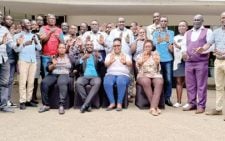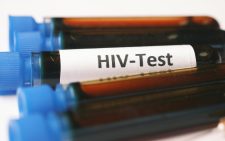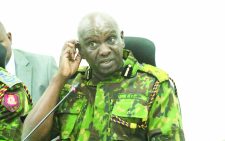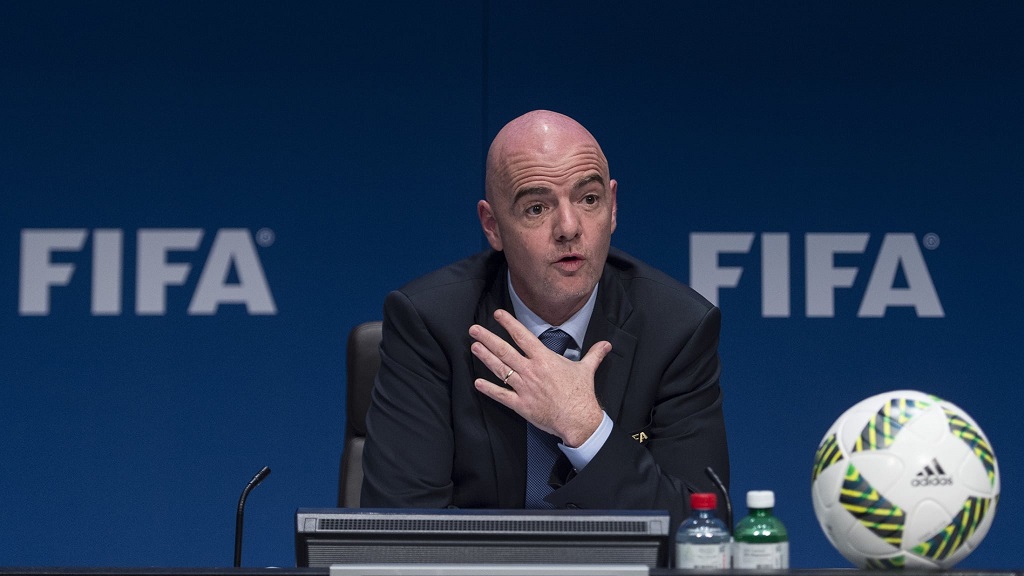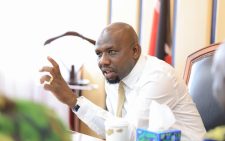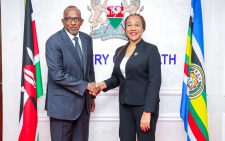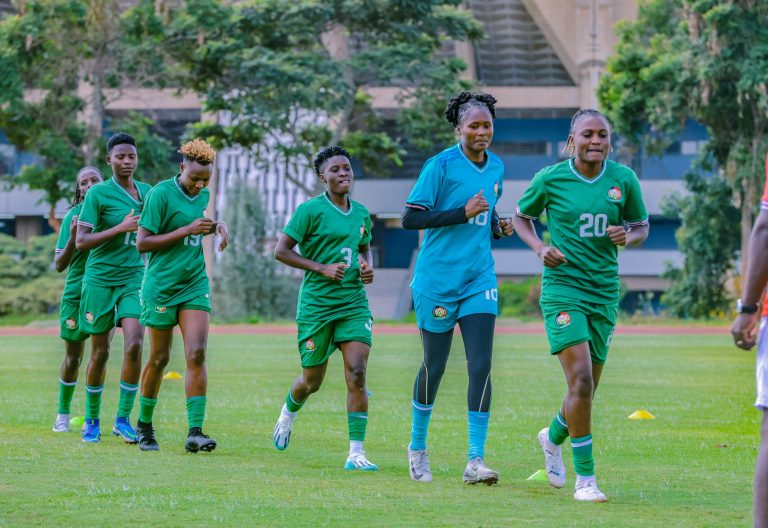African researchers working to cure HIV, amid US aid cuts

Patrick Arbuthnot was browsing his emails on what seemed like a normal workday in his lab in Johannesburg when he saw a strange notification pop up.
“Stop Work,” it read.
Arbuthnot does not remember exactly what else the United States official said in the body of text in January, but the one line seared in his memory was enough, even if it was almost impossible to believe.
For two years, the researcher had worked on developing an HIV vaccine to possibly help put an end to one of Africa’s most deadly diseases for good. His lab at South Africa’s University of the Witwatersrand (Wits) had already spent thousands of dollars in US funding on experiments. Now, all of that crucial work had to be paused – or worse, permanently halted.
“It’s all such a waste, it’s all such a waste. Those were the words that kept running in my head when I saw the message,” Arbuthnot, who directs Wits’s Antiviral Gene Therapy Research Unit, told Al Jazeera, months after the nightmare unfolded. “It seemed like it was all just for nothing.”
Dozens of health trials across Africa were forced to grind to an abrupt halt in late January after US President Donald Trump pulled the plug on millions of dollars in funding without warning. His executive order paused aid to developing countries provided through the US aid agency, USAID, and PEPFAR (the US President’s Emergency Plan for AIDS Relief), pending a three-month review period. The cuts swept across programmes tackling a host of deadly diseases in Africa, particularly malaria and HIV.
Southern African countries, with the most HIV cases globally, had leaned heavily on the US to fight the pandemic. With the cuts, HIV clinics serving vulnerable populations like sex workers and MSMs (men having sex with men) suddenly shut down. Health workers lost their jobs in the thousands. People living with HIV were unsure of how to access crucial medication. Poorer countries like Zimbabwe, where USAID funded about 80 percent of the HIV response, were so badly hit that even condom supplies were disrupted. For African scientists racing to get HIV under control, the timing could not have been worse.
Barely days before, Arbuthnot had met with other researchers working on similar trials at a conference in Zanzibar. They’d all left the breezy island feeling positive.
“We had the pasta in the boiling water, and we were just waiting for it to [cook],” the scientist said, illustrating how far his vaccine trials had gone before the stop-work order was issued. “There was still work to do to get the pasta ready. You still had to mix it with your sauce, so it wasn’t quite ready to eat yet, but we already had the pasta in the water. We were getting there.”
Since 2023, Arbuthnot has received funding from the US to create preventive vaccines by sequencing the genetic makeup of two “elite controllers”, a rare group of HIV-infected people who are somehow able to lead normal lives without using antiretrovirals (ARVs) to suppress their viral loads.
The two people in Arbuthnot’s trial are anonymous – identified simply as CAP 255 and CAP 25 – but they form part of a group whose condition researchers see as something of a superpower, as they do not develop symptoms or seem to need medication. Arbuthnot’s trial is part of the US-funded Brilliant Consortium project, which features African researchers from more than seven countries, including Nigeria, Zimbabwe and Kenya, all racing to develop vaccines and highly effective HIV preventive or management therapy. – Al Jazeera
Such gene sequencing work in Africa is also crucial to help understand how diseases affect people from the continent. So far, Africa’s human genomes make up only 2 percent of the total sequenced human genomes.
